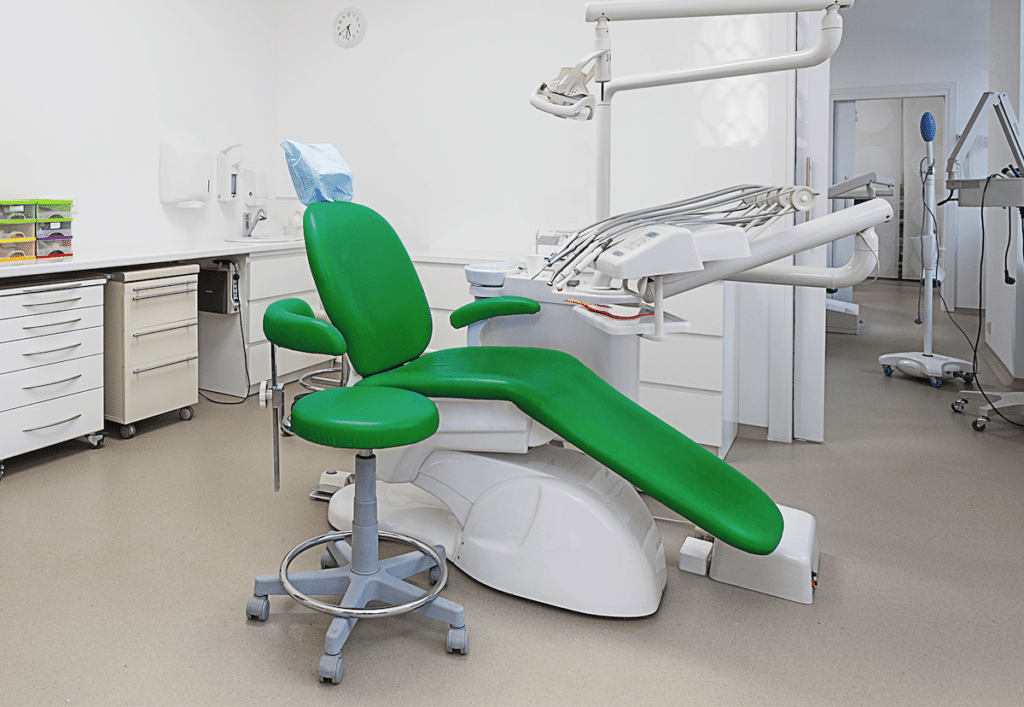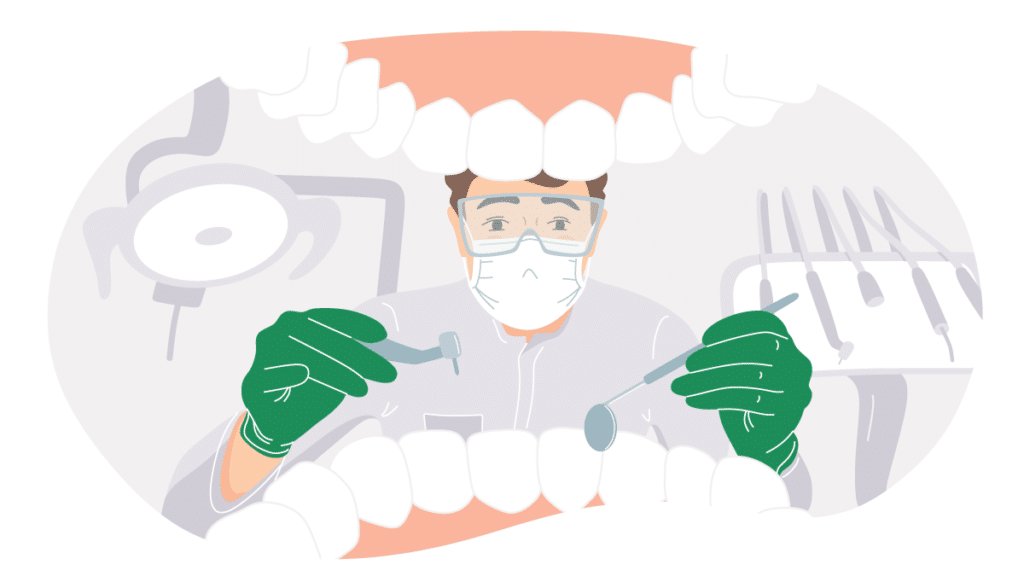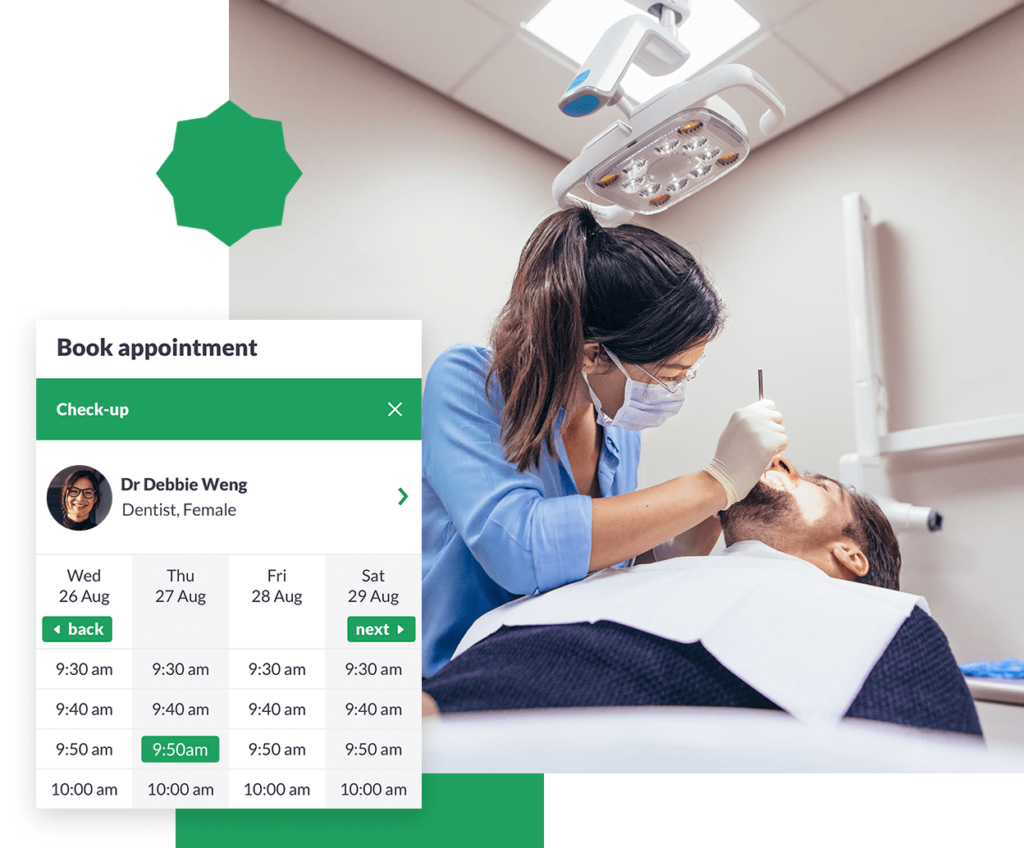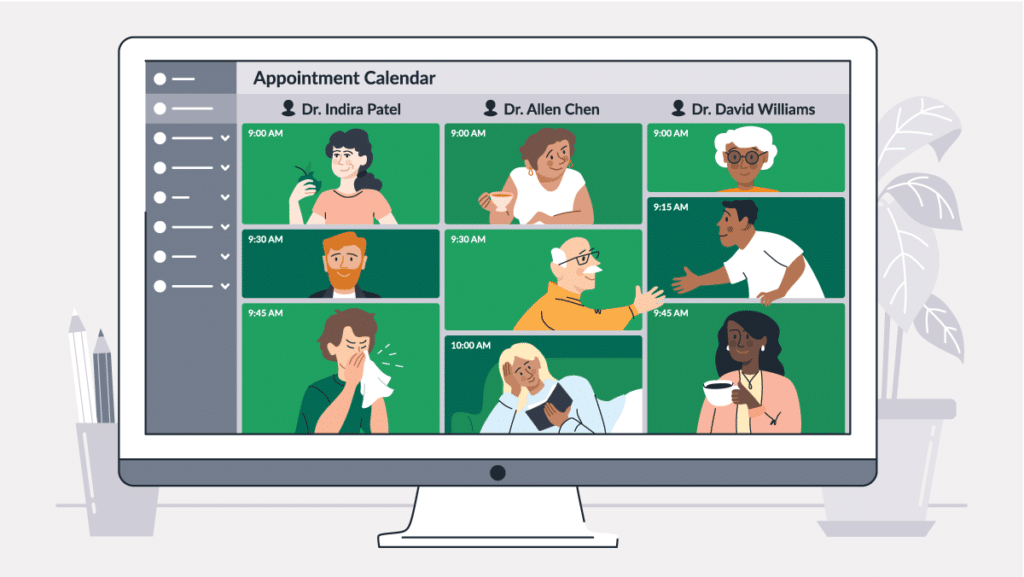Dr Nauv Kashyap Shares His 9 Steps to Success

Australian dentist-entrepreneur Dr Nauv Kashyap purchased his first practice in 2008. Within 12 years, he took the annual turnover from $400,000 to $5 million.
Since then Dr Kashyap has owned a further 16 dental practices, 8 of which he has since sold, making his current business portfolio 9 practices. He also coaches associate and employee dentists on all aspects of dental practice ownership. We sat down to get his insights into how to start a successful dental practice from step one.
“It’s no longer enough to just be a good dentist,” Dr Kashyap says. “Dental practitioners also need to have a good grasp of the business skills required by any industry, from knowledge of business structuring and staffing to understanding modern marketing techniques.”
Reflecting on his own experience and insights gained from coaching many clients in running their own successful dental practices, Dr Kashyap highlights 9 factors that can make the difference between success and failure.
1. Understand Your Competition
Of all the factors that influence the success of a modern dental practice, Dr Kashyap emphasises that few matter more than the local competition.
“When deciding where to establish a brand new practice, knowing who you’ll be competing against is crucial,” he says. “This means looking at things like how well your future competitors are marketing themselves, whether they’re making use of tools like social media, and how well their website promotes what they do. There’s a huge range of approaches out there, from tech-savvy businesses to those that don’t even have a website, let alone a Facebook page.”
“It’s also worth assessing your competitors in terms of the types of procedures they offer clients and even their opening hours, then asking how your practice might be able to offer a point of difference,” Dr Kashyap adds. “Remember that there are plenty of practices out there owned by dentists in the twilight of their careers who rely on existing clients. Even though you may not be able to attract those clients over to your practice, there could be an opportunity there to create a new client base just by offering a fresh approach.”
2. Research Your Population
Along with knowing who your competitors will be, making sure your practice will have a steady stream of clients is another essential. “It takes about 2,000 people to keep one full-time dentist busy,” Dr Kashyap explains. “Keep in mind that one surgery could have four full-time dentists working in it, so that greatly expands the number of people you’ll need to be connected with to create a sustainable client base.”
Drawing on his experience setting up practices in densely populated areas, Dr Kashyap warns against focusing on locations that are already “saturated”.
“I’d advise against setting up a completely new practice in any area within 45 minutes of the CBD in Sydney, Melbourne or Brisbane.”
“In these areas, dentists would be much better served by buying an existing practice with an established client base,” he says.
3. Understand Your Finances
In his role administering a forum that includes 2,000 Australian dental practitioners, Dr Kashyap can offer insights into exactly how much capital dental practitioners need to start their first practice. “When we surveyed our members to find out how much money they saved before setting up, the responses covered a big range, from those who said they wish they’d started with $1 million in savings to others who felt they were profitable from day one,” Dr Kashyap explains. “The median answer was somewhere between $80,000 to $100,000, which I’d support as a sensible amount to start with.”
Dr Kashyap also points out that dental practitioners can expect relatively easy loan approvals from the major banks, many of which are keen to break into the healthcare market. “Dentists are often able to get 100% loans to start their practice, as long as they don’t plan to spend more than $400,000,” he says.
4. Build Your Clinical and Communication Skills
As anyone who has spent time in a dentist’s chair knows, there are moments when decisions have to be made on the spot. For Dr Kashyap, making the most of these decision points is about having confidence in your clinical abilities, and being able to communicate with clients who may be stressed, overwhelmed or simply keen to choose a cheaper “just for now” option.
“You need to be very confident in your ability to deliver the most profitable treatments, such as crown and bridge treatments, and in your ability to communicate the need for those treatments,” Dr Kashyap explains. “The biggest influence on what a dentist earns, and in turn what a practice earns, is the ability to be able to convince patients to get the most ideal treatment for their situation, even if that treatment is more expensive.”

5. Use Experienced Accountants and Financial Advisers
According to Dr Kashyap, engaging experienced professionals to support the financial side of your business can make all the difference for dental practitioners. Your local high street accountant simply won’t be able to offer the knowledge you need.
“When it comes to choosing an accountant, find someone with experience working with dentists and clients who own dental practices,” Dr Kashyap says. “There are a huge range of tax, superannuation and other financial factors that only apply to dental practitioners, and to those working in the health industry, so working with someone who understands these laws and regulations can make a massive difference to your finances in the long term.”
6. Find the Right Lawyers to Check Your Lease
The expertise of a lawyer who understands dental practice leases can also make a material difference when setting up your first dental practice. “There are a number of lease clauses that are particularly important for dental practitioners, including exclusivity clauses, demolition clauses and relocation clauses,” Dr Kashyap says.
“For example, dental practice fitouts are very expensive as they involve specialised plumbing and equipment,” he explains. “This means it’s important to protect yourself from the complications that could come up if your landlord asked you to relocate your business. With a good lawyer who has plenty of experience handling commercial leases, you’ll be protected from signing something that’s only advantageous to your landlord.”
To illustrate the dangers of using an inexperienced lawyer, Dr Kashyap shares an example of a dentist based in a shopping centre who lost business due to the wording of the exclusivity clause in their lease. “If there’s a need for an exclusivity clause in your lease, it’s important to engage a lawyer who can get the wording right to protect you from the possibility of lost business from competition in the future,” he says.
7. Use Experienced Builders for Your Dental Practice Fitout
As with finding the right legal advice and financial expertise, industry experience matters when it comes to engaging the company that will complete your dental practice fitout.
“It’s especially important when establishing your first practice to go with a company that has completed a number of dental practice fitouts in the past,” Dr Kashyap says. “This is because the actual build and fitout of a dental practice is quite niche, especially when it comes to meeting Australian plumbing and electrical codes, and in terms of meeting the requirements of the equipment you’ll be using. There are companies that do this work nationwide, along with more local options operating in Melbourne, Sydney and Brisbane.”
“Dentists make money through every room we use, so we need to maximise the number of rooms available and make sure there’s no wasted space,” Dr Kashyap adds. “Space efficiency matters because you’re ultimately paying rent for every part of the building, including the areas you can’t use to take care of patients.”
8. Find Reliable Equipment Suppliers
As work on your fitout begins, Dr Kashyap advises turning your attention to finding an equipment supplier with a reputation for supplying reliable products. He warns that in recent times, supply chain issues have had an impact on the number of weeks it can take to ship equipment to Australia from overseas. “Delays in freight due to lockdowns in Europe and Asia have meant that the lead time on dental practice equipment has blown out to 12, sometimes even 16 weeks,” he says. “If you’re planning to start a new practice soon, it’s worth getting in touch with suppliers the moment you know what you need.”
Dr Kashyap adds that the temptation to minimise costs when buying equipment can lead to difficulties later on.
“It is possible to buy a dentist’s chair for under $10,000, but the technicians who service our equipment tend to be reluctant to work on these cheaper models that are in constant need of repair.”
“Keep in mind that a working dentist’s chair can bring in anywhere from $2,500 to $15,000 per day, so even if your chair is out of commission for just three days, that’s a huge dent in your revenue every time there’s a problem,” he says.
9. Hire Passionate Dental Practice Staff
For Dr Kashyap, finding the right people to support your dental practice is about balancing experience with a willingness to adapt. “Drawing from my own experience and the experiences of my clients, I’d say hiring based on attitude is as important as looking at technical experience,” he says. “The technical skills required to work as a receptionist or dental assistant can be taught in a relatively short period of time, but what matters is finding someone who’s willing to embrace your style of working.”
“For dentists who hire based purely on experience, there can be a mismatch in philosophies that lead to problems later on,” Dr Kashyap adds. “Meanwhile, a dental assistant or receptionist who comes on board with a willingness to learn the nuances of your business and the way you care for clients can end up being a huge support to the success of your practice overall.”
Dr Kashyap’s final message to any new dental practitioner setting out to establish their first business is that success is about more than just clinical work. “There are plenty of great dentists out there, but the ones who are thriving are using their full range of skills and finding support where they need it,” he says. “It’s about your work as a businessperson as well as your skills as a dental practitioner.”
Dr Nauv Kashyap is the owner of 9 dental practices and is the Founder and Director of Practice Ownership, which coaches associate and employee dentists on all aspects of dental practice ownership. Connect with Dr Nauv Kashyap on LinkedIn.




